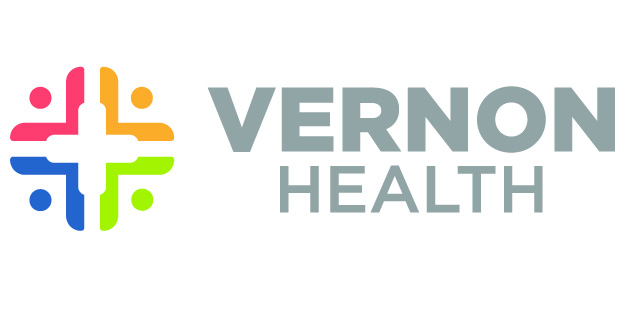As we press on through the colder months, it’s essential to be mindful of the common cold, a prevalent respiratory illness. The common cold is caused by various viruses, and while it might seem like a minor inconvenience, it can disrupt your daily life. At Vernon Memorial Healthcare, we believe in promoting community well-being, and to that end, we’d like to share some insights on the common cold and how you can minimize your risk of catching it, with a focus on nutrition.
Understanding the Common Cold
The common cold is often characterized by symptoms such as sneezing, coughing, a runny or stuffy nose, and a sore throat. It is primarily spread through respiratory droplets when an infected person coughs or sneezes, and it can also be contracted by touching a surface or object with the virus on it and then touching the face.
Is the Common Cold Contagious?
Yes, the common cold is contagious and can easily spread from person to person through airborne droplets, direct contact, or touching contaminated surfaces. It is typically most contagious during the first two to three days after symptoms begin, but it can still be spread a day before symptoms appear and up to two weeks after. Practicing good hygiene, such as frequent handwashing and avoiding close contact with others when you’re sick, can help reduce the risk of transmission.
What Medicines Can Relieve Cold Symptoms?
Several over-the-counter medicines can help relieve common cold symptoms and make you feel more comfortable while your body fights the virus. Decongestants can reduce nasal swelling and improve breathing, while antihistamines may help with a runny nose and sneezing. Pain relievers like acetaminophen or ibuprofen can ease headaches, sore throat, and body aches. Cough suppressants or expectorants may also be useful, depending on your symptoms. Always follow dosage instructions and talk to a healthcare provider if you have any questions or underlying health conditions.
Preventive Measures
Frequent Handwashing
Wash your hands regularly with soap and water for at least 20 seconds, especially after being in public spaces or touching surfaces.
If soap and water are unavailable, use an alcohol-based hand sanitizer.
Respiratory Hygiene
Cover your mouth and nose with a tissue or your elbow when you cough or sneeze.
Dispose of tissues properly and wash your hands immediately.
Avoid Touching Your Face
Refrain from touching your eyes, nose, and mouth with unwashed hands.
Maintain Distance
Practice social distancing by keeping at least six feet away from individuals outside your household, especially if they exhibit symptoms.
Clean and Disinfect
Regularly clean and disinfect frequently-touched surfaces, such as doorknobs, light switches, and electronic devices.
Stay Home When Sick
If you are feeling unwell, stay home to prevent the spread of the virus to others.
Nutritional Insights
Eat a Balanced Diet
Ensure your diet includes a variety of fruits, vegetables, whole grains, and lean proteins to support your immune system.
Stay Hydrated
Drink plenty of water to maintain hydration and support overall health.
Consider Immune-Boosting Foods
Incorporate foods rich in vitamin C (citrus fruits, strawberries, bell peppers) and zinc (nuts, seeds, legumes) to enhance immune function.
Seeking Medical Attention
While the common cold typically resolves on its own, it’s crucial to monitor your symptoms. Seek medical attention if you experience severe symptoms or if your condition worsens.
At Vernon Memorial Healthcare, we are committed to your well-being. By following these preventive measures and maintaining a nutritious diet, you contribute to creating a healthier community. Together, we can reduce the risk of the common cold and ensure a safer environment for everyone.
Stay well and take care.

